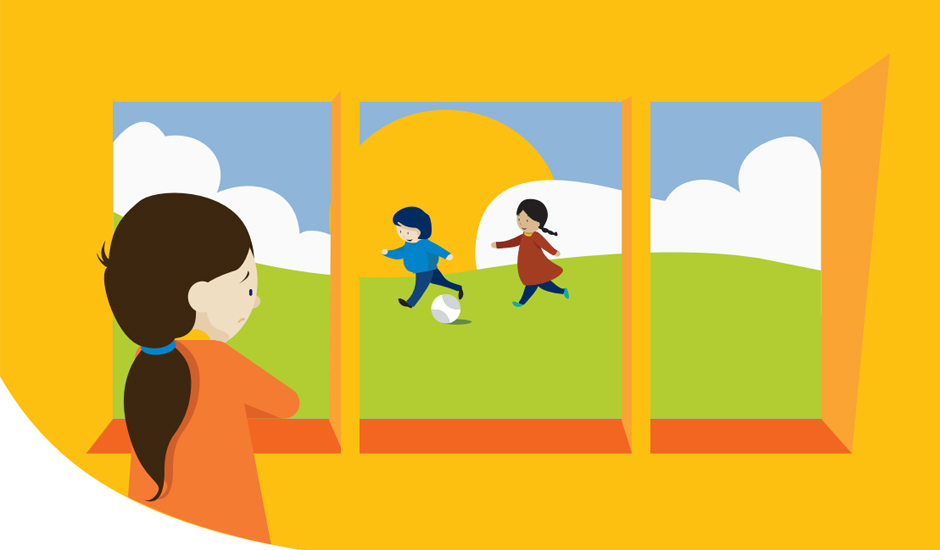School can be a welcome break from a pressured home environment, but it may not always be easy.
The logistics for parents to attend appointments for the ill child and manage their condition on a day-to-day basis means that parents can find nursery or school drop offs and collections difficult, and siblings’ clubs or hobbies may become hard to keep up.
For some children, sleep disruption can affect their focus and concentration at school. For instance, their ill brother or sister may need to be given medicines at intervals overnight or perhaps an alarm rings if the child’s condition deteriorates, waking the whole family.
Keeping up with homework can be hard, with time and energy at a premium.
A healthy child may also feel isolated socially. When friends visit, they may feel embarrassment that their brother or sister looks different or needs equipment, or may, conversely, feel extra protective of them. Most express a wish they could enjoy a more ‘normal’ life.
Unfortunately, some children experience bullying and teasing at school because their family is different.
There are lots of practical ways that teachers can help. This can include:
- ensuring strong home-school communication
- regularly asking the child how they are on a one-to-one basis
- understanding if they are late for school
- adapting the homework schedule.
School holidays can be a lonely and worrying time with many children unable to leave the house as much as they would like. Taking part in activities and days out where they can meet children in a similar situation can be helpful.
